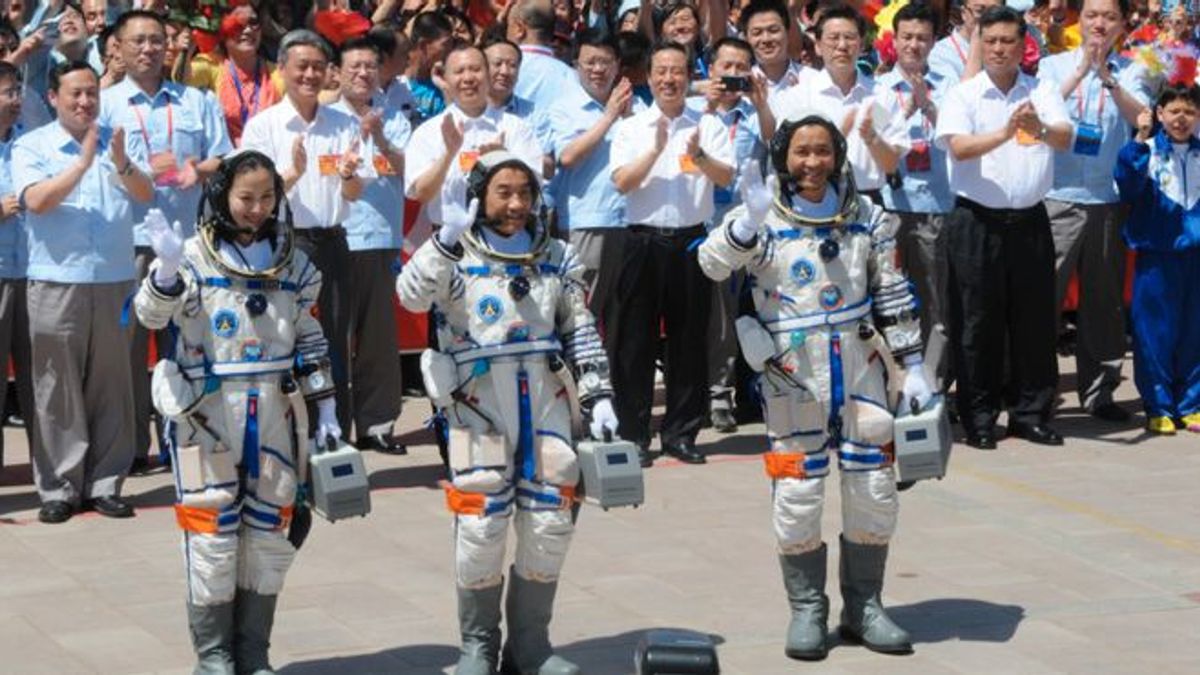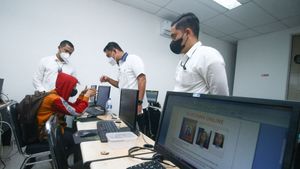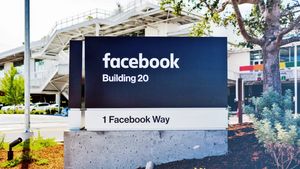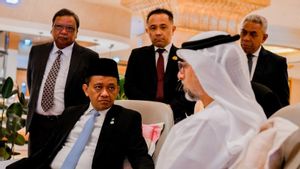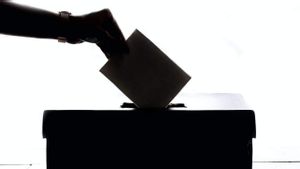JAKARTA - China has successfully launched three of their astronauts on a homemade plane to the new Tiangong Space Station. But beyond a few pictures of smiling taikonauts, no official information about what China is doing on the space station is available.
China has suppressed gas in recent years and accomplished some impressive space achievements. China's Mars rover, its own lunar rover, and the initial construction and orbit of its space station have sent a clear message about its capabilities.
China started building the Tiangong station in the early 90s, but in 2011 when the Wolf Amendment was passed in the US Congress, it made collaboration between China and the US in space extremely complicated. It was then that the country began to accelerate its space program.
While the US does not have a law that explicitly prohibits China from participating in the International Space Station, the Wolf Amendment requires all activities to pass through legal hurdles and approvals by the FBI and the US Congress, making cooperation nearly impossible, a problem NASA has with which urged Congress to speak.
China's Shenzhou-13 spacecraft successfully docked at the country's space station carrying three new astronauts for a six-month stay and the longest duration mission of the program.
The news was picked up quickly by the international press but none of the reports spanning more than a few lines due to a lack of information about the mission. Apart from communicating that military pilot Wang Yaping was the first woman to visit the space station and explaining that the mission will focus on researching the system's capacity for a longer duration of human occupation, not much information is available.
What's the Big Secret?
The secrecy of China's space press communications and space program, its close ties to the military, and the new space race in which the US, Russia, and China are recruiting allies from around the world, have fueled all manner of illogical conspiracy theories about China's space station's true purpose.
SEE ALSO:
While press silence is a sign of concern and not international space leadership, it is highly unlikely that the Chinese Space Station is doing anything other than civilian space science and civilian space exploration.
Combining little information from International Space Station experts around the world and little information coming out of China, the public knows that astronauts will take two or three space trips, as well as build and prepare the station for future modules that will grow in size and his abilities.
Next year, Mengtian and Wentian scientific modules will dock at the station and will likely host 18 selected scientific projects from 42 applications from 27 countries presented under the UN-China Cooperation Space Station CSS initiative.
China's space capabilities continue to amaze the world, and the station is months away. The public hopes that political tensions in space are well managed and that the Chinese Space Agency is good at writing press releases and communicating as well as launching sophisticated missions. After all, no one seems to know what China is doing or will be doing on its new space station, and it's a complete waste of time.
The English, Chinese, Japanese, Arabic, and French versions are automatically generated by the AI. So there may still be inaccuracies in translating, please always see Indonesian as our main language. (system supported by DigitalSiber.id)
